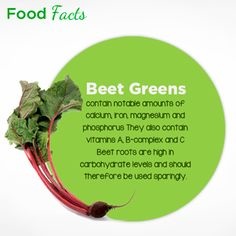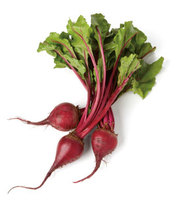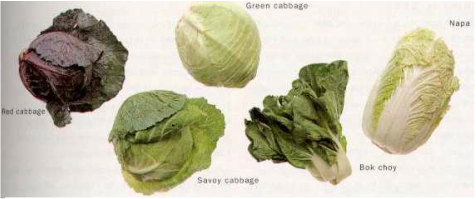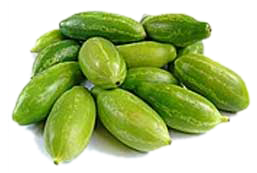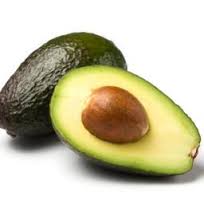
There are dozens of varieties of avocadoes. The rich and creamy Haas variety is most popular in the United States. It's the leading variety of California Avocado. Fuerto, Zutano and Bacon varieties are usually sold during fall and winter months.
Avocado flesh increases absorption of two key carotenoid antioxidants - lycopene and beta-carotene, contains good fats - polyhydroxylated fatty alcohols (PFAs) - with antiinflammatory properties, helps lower the bad cholesterol and supports cardiovascular health, promotes blood sugar regulation and improves skin. It could have side effects if eaten in large amounts or some combinations: for example, avocado oil with vitamin B12 applied to skin to relive psoriasis may cause mild itching. People sensitive to sorbitol or FODMAPs could experience bloating, pain and diarrhea from even small amounts of avocado or guacamole. Avocado seed is extremely bitter due to high concentration of tannins and is toxic to birds because contains persin. According to some sources it contains antioxidants, phosphorus and soluble fiber and might provide health benefits if consumed in small amounts but it's not supposed to be used for human consumption.
